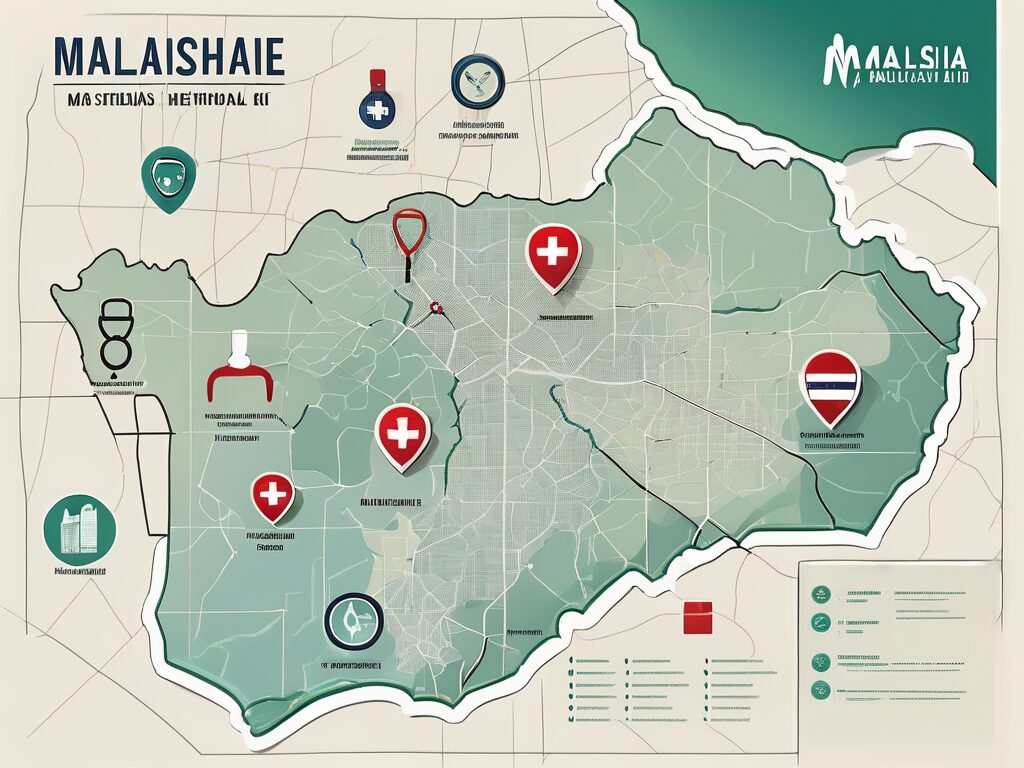html
Unlock Your Future: 5 Key Benefits of a Master’s in Intercultural Education in Singapore
In an increasingly globalised world, the ability to navigate diverse cultures and educational systems is more important than ever. As educators, understanding intercultural dynamics can significantly enhance our teaching effectiveness and broaden our career prospects. This blog post explores the five key benefits of pursuing a Master’s in Intercultural Education in Singapore, a vibrant hub of multiculturalism and educational innovation. Whether you’re an aspiring educator or a seasoned professional, this degree can unlock new opportunities and empower you to make a meaningful impact in the field of education.
1. Enhance Your Cultural Competence
One of the primary benefits of a Master’s in Intercultural Education is the enhancement of your cultural competence. This degree equips you with the skills to understand, communicate, and interact effectively with individuals from diverse backgrounds. In Singapore, a melting pot of cultures, you will learn to appreciate different perspectives and teaching styles, which is crucial in today’s multicultural classrooms.
For instance, you will explore various pedagogical approaches that cater to students from different cultural backgrounds. This knowledge not only enriches your teaching practice but also fosters an inclusive learning environment where all students feel valued and understood. According to a study by the UNESCO, culturally responsive teaching significantly improves student engagement and academic performance.
2. Expand Your Career Opportunities
With a Master’s in Intercultural Education, you open the door to a plethora of career opportunities both locally and internationally. Singapore’s strategic location in Asia makes it a prime destination for educators seeking to work in international schools, NGOs, and educational institutions that value intercultural expertise.
Graduates of this programme often find roles as curriculum developers, educational consultants, and intercultural trainers. The demand for qualified educators who can navigate cultural complexities is on the rise, and this degree positions you as a strong candidate in a competitive job market. According to the Ministry of Education Singapore, the education sector is continuously evolving, creating new roles that require advanced qualifications and intercultural skills.
3. Gain Practical Experience through Fieldwork
Another significant advantage of pursuing a Master’s in Intercultural Education in Singapore is the opportunity for practical experience through fieldwork. Many programmes incorporate hands-on learning experiences, allowing you to apply theoretical knowledge in real-world settings.
For example, you may have the chance to work with diverse student populations in local schools or community organisations. This exposure not only enhances your understanding of intercultural education but also builds your professional network. Engaging with local educators and community leaders can lead to valuable mentorship opportunities and collaborations that further your career.
4. Develop a Global Perspective on Education
In today’s interconnected world, having a global perspective on education is essential. A Master’s in Intercultural Education provides you with insights into international educational policies, practices, and trends. You will study various educational systems and their approaches to inclusivity and diversity.
For instance, you might explore how different countries address issues of equity in education and the role of cultural context in shaping educational outcomes. This knowledge is invaluable for educators who aspire to work in international settings or contribute to global educational initiatives. By understanding the global landscape of education, you can better advocate for inclusive practices in your own teaching environment.
5. Join a Network of Like-Minded Professionals
Pursuing a Master’s in Intercultural Education also allows you to connect with a network of like-minded professionals who share your passion for inclusive education. In Singapore, you will meet educators, researchers, and practitioners from various backgrounds, all committed to advancing intercultural understanding in education.
This network can provide support, collaboration opportunities, and access to resources that can enhance your professional development. Participating in workshops, seminars, and conferences can further enrich your learning experience and keep you updated on the latest trends in intercultural education.
Conclusion
In summary, a Master’s in Intercultural Education in Singapore offers numerous benefits, including enhanced cultural competence, expanded career opportunities, practical experience, a global perspective on education, and a supportive professional network. As the education landscape continues to evolve, equipping yourself with these skills and knowledge is essential for making a meaningful impact in the field.
Empower Your Teaching Career with IPGCE
As we strive for a more inclusive education system in Malaysia, the role of qualified and well-trained educators becomes increasingly crucial. IPGCE is dedicated to supporting teachers in their professional journey, offering the International Postgraduate Certificate in Education (iPGCE) to enhance qualifications and open doors to international teaching opportunities. With our program, you can expect a significant increase in interview callbacks, promotion rates, and salary. Plus, you’ll join a global network of educators, gain a deeper understanding of international curricula, and enjoy the flexibility of online study. Don’t let inadequate credentials or isolation hold you back. Join the UK’s #1 Teacher Training Course today and take a decisive step towards a fulfilling career in inclusive education.
For more insights on enhancing your teaching career, check out our articles on the benefits of teacher training and inclusive education strategies.

